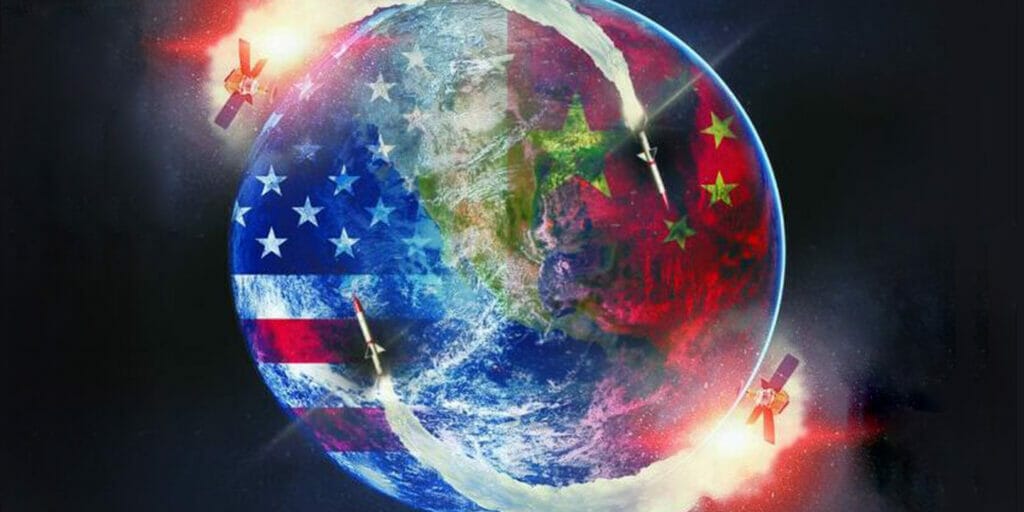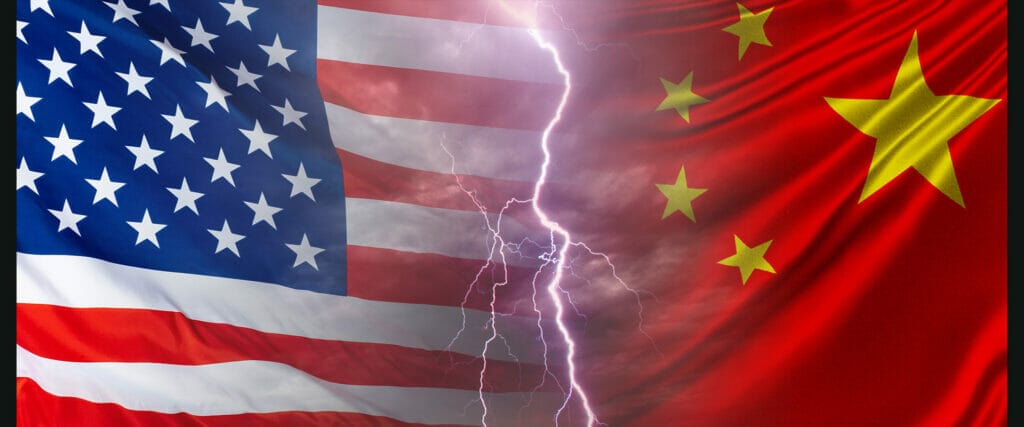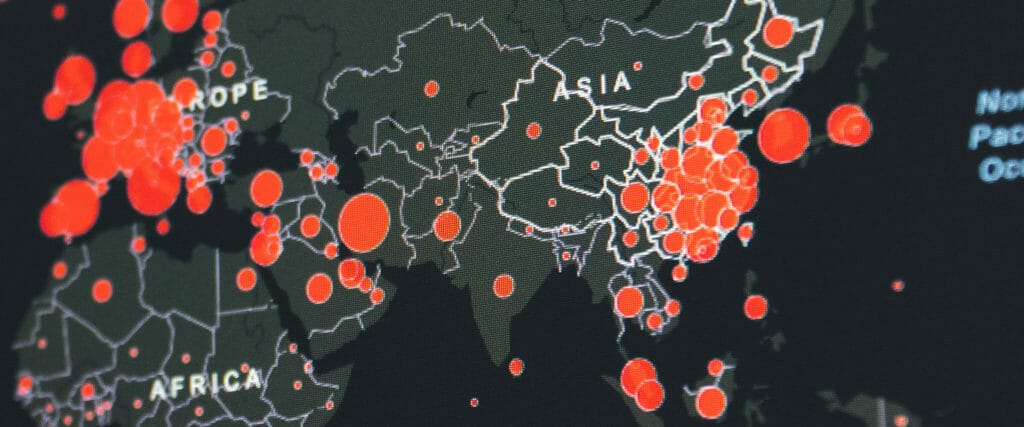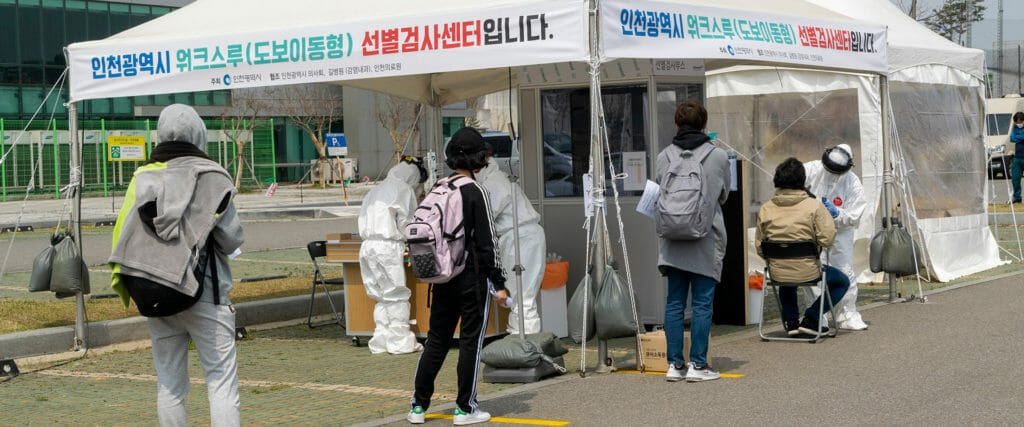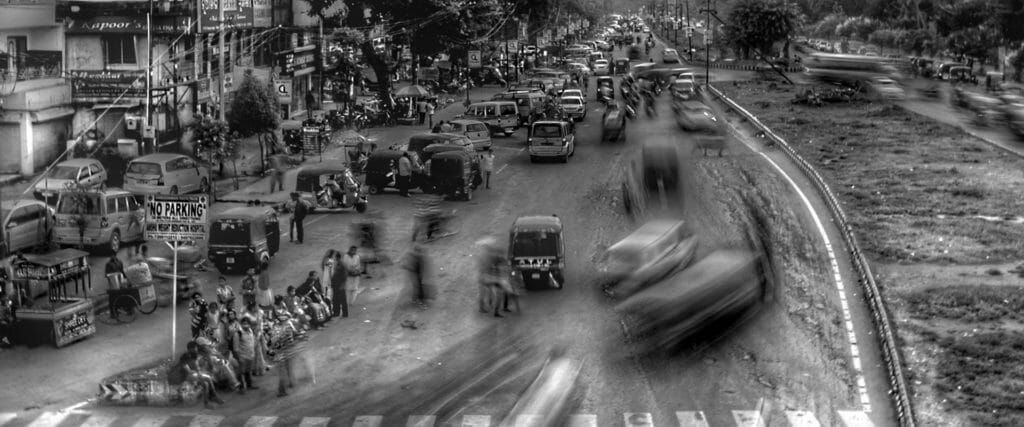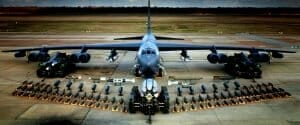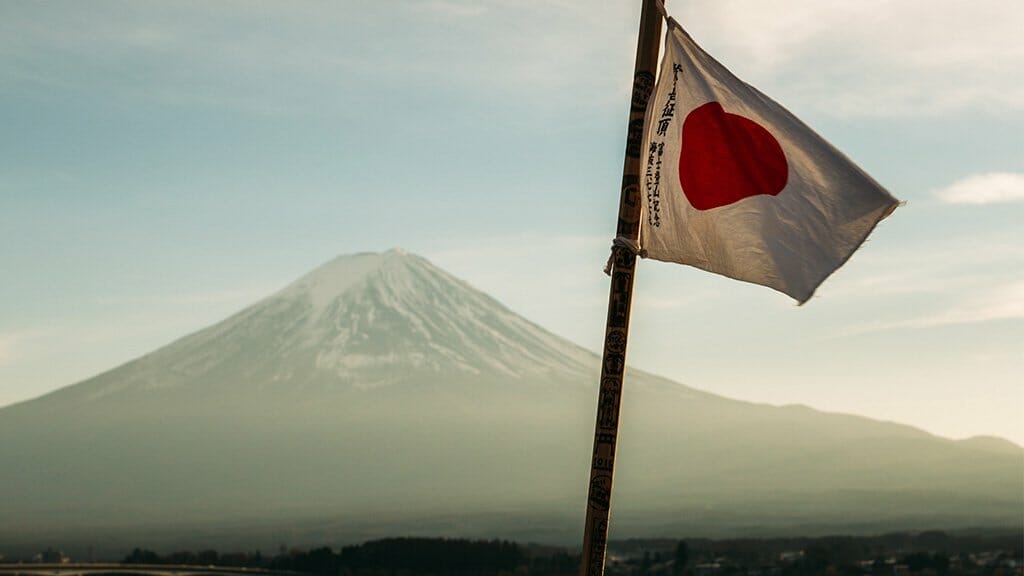Op-eds
The United States and China: Competition for superiority in space to protect resources and weapon systems
The strategic competition between the U.S. and China is fierce even in space outside of the earth. What do the two countries compete for in space? What are their objectives and what strategic calculations did they start from? Will the space race between the two countries lead to competition over space hegemony? This is one of the most interesting issues for U.S.-China observers in recent days.
Read MoreReflections on the Korea Foundation Project “Japan and Korea in the Evolving China-US Relations”
Reflections on the Korea Foundation Project “Japan and Korea in the Evolving China-US Relations” Hostility remains a persistent feature of Japan-South Korea relations. Trade restrictions, territorial disputes, unreconciled historical issues continue to confound the two neighbouring countries, with the prospect of a sustainable bilateral relations appears to become more unthinkable compared to the prior decades.…
Read MoreA Combustible Year for Sino-US Relations
A Combustible Year for Sino-US Relations Since the turn of the new millennium the liberal international order has been under increasing amount of stress due, in large part, to the inexorable rise of China and profound changes in the global economy. The ongoing COVID-19 pandemic further exacerbated the already precarious situation, leading some pundits to…
Read MoreASEAN’s Response to COVID-19: Geopolitical Implications for the Indo-Pacific
ASEAN’s Response to COVID-19: Geopolitical Implications for the Indo-Pacific The emergence of COVID-19 pandemic would have been a great opportunity for the world to work together. Like the advocates for international cooperation in countering non-traditional security issues, such as climate changes, transnational crimes, natural disaster, and international terrorism, many policy-makers have discussed the importance and…
Read MoreRising to the challenge of COVID-19: The role South Korea and new actors
Rising to the challenge of COVID-19: The role South Korea and new actors In the current strategic operating environment, the liberal international order faces the challenges of US abdication of leadership and increasing contestation between the US and the other great powers, China and Russia. Furthermore, non-traditional security (NTS) issues such as COVID-19, pose major…
Read MoreWhat COVID-19 Reveals: The Risk of China-Centered Global Supply Chains and the Acceleration of Tech Wars in AI
If there is one thing that cannot be restored due to the COVID-19 outbreak, what would it be? One plausible answer would be the China-centered global supply chain. Since its entry to the WTO and the global trading system in 2001, China has played an indispensable role as the world’s manufacturing powerhouse.
Read MoreIndia’s Smart Cities Mission: Smart or Not?
If the leaders of all Asian nations want their country and people to develop in harmony, then they should cooperate with NGOs by opening permanent and transparent platform for constructive dialogue, whether on social-economic or political issues.
Read MoreTaiwan’s NGO policy: Lessons for Asia
If the leaders of all Asian nations want their country and people to develop in harmony, then they should cooperate with NGOs by opening permanent and transparent platform for constructive dialogue, whether on social-economic or political issues.
Read MoreA Plea To All
August 6th may be just other day of the year to you, but to some of us, it is the day that reminds us about the horrors of World War II.
Read MoreWho’s the Real Threat to Japan?
Who’s the Real Threat to Japan? The recent agreement on the planned national security legislation between the ruling Liberal Democratic Party (LDP) and its coalition partner, Komeito, is hardly a cause for celebration. While the latter convinced the former to include a “break” mechanism that would require Diet’s approval before allowing SDF dispatch, it hardly…
Read MoreEssays
“Internationalization” of National Universities in Japan: Critical Reflections
In Japan, where the unspoken social rules are predominant in workplaces as well as in society, foreigners generally find it difficult to thrive. On the other hand, the Japanese student’s development of his or her individuality needs to be encouraged and fostered also. The Japanese government and the national universities have realized that, and Japan is presently in the phase of a major transformation in its education sector.
Law, Conflict and Airspace: Understanding Air Defense Identification Zones
With states drawing up unilaterally declared defense identification zones that can extended for hundreds of miles beyond territorial airspace, alongside growing fears that these zones will harden into claims of full sovereignty, a once benign security practice has rapidly evolved into a source of conflict over East Asia’s contested skies.
Reconsidering Land Reform and Agricultural Policy in Japan
This essay seeks to add land relations with a particular emphasis on the consequences of Japan’s post-1945 land reform program to the more recent discussion on ‘human security’ (or non-traditional security concerns) in East Asia.
The Caution of Collective Memory: Why Japan’s 1947 Constitution is Worth Fighting for
Any attempt to revise Article 9 would not only derange Japan’s security situation, but more importantly, would dislodge practices of commemoration for the past 60 years as merely tokenistic. That would seriously fracture the very core of Japan’s state identity.


